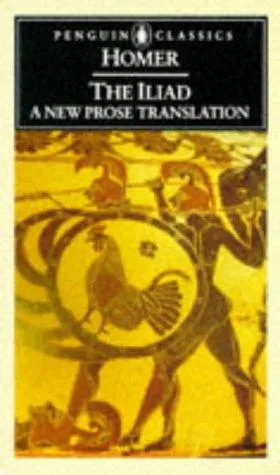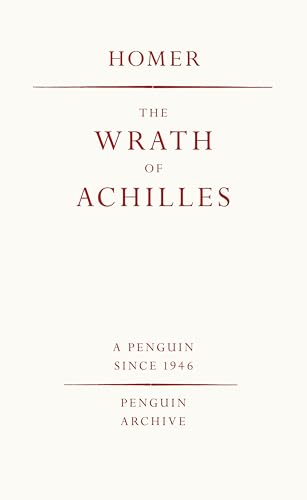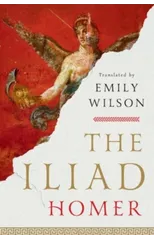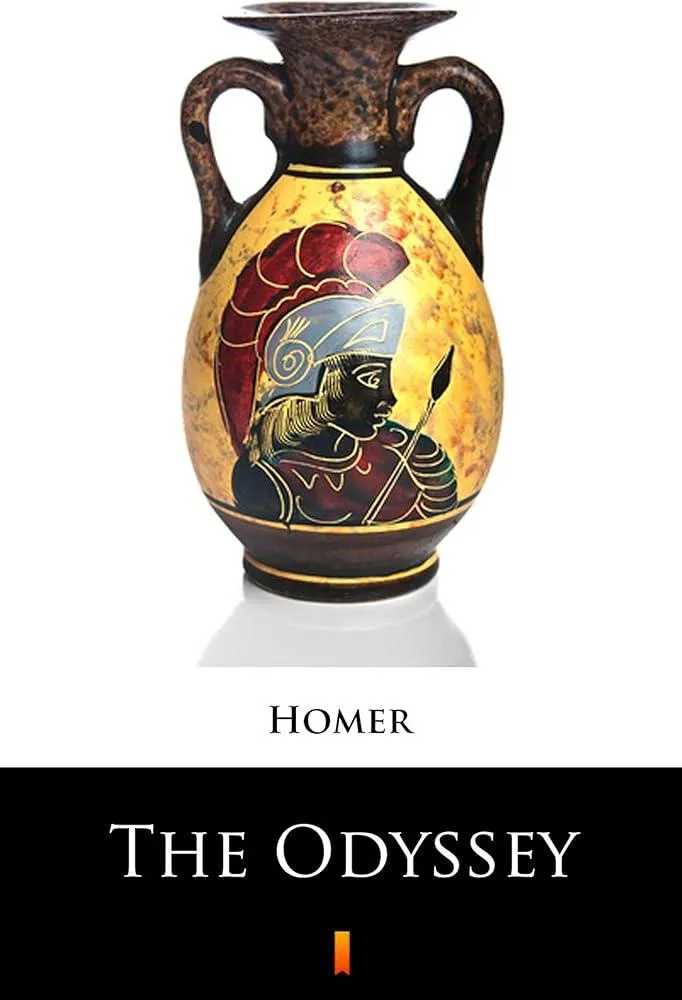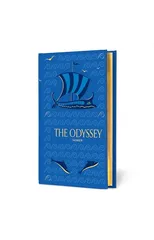The greatest literary achievement of Greek civilization--an epic poem without rival in world literature and a cornerstone of Western culture The story of the Iliad centers on the critical events in the last year of the Trojan War, which lead to Achilles's killing of Hektor and determine the fate of Troy. But Homer's theme is not simply war or heroism. With compassion and humanity, he presents a universal and tragic view of the world, of human life lived under the shadow of suffering and death, set against a vast and largely unpitying divine background. The Iliad is the first of the great tragedies. This prose translation features an excellent introduction and textual commentary by the translator, Martin Hammond. For more than seventy years, Penguin has been the leading publisher of classic literature in the English-speaking world. With more than 1,700 titles, Penguin Classics represents a global bookshelf of the best works throughout history and across genres and disciplines. Readers trust the series to provide authoritative texts enhanced by introductions and notes by distinguished scholars and contemporary authors, as well as up-to-date translations by award-winning translators.
Homer
Homer is an ancient Greek poet believed to have lived in the 8th century BC. His most notable works include the epic poems "The Iliad" and "The Odyssey," which are considered masterpieces of Western literature. Homer's writing style is known for its vivid imagery, epic themes, and complex characters. His contributions to literature include establishing the epic genre and influencing countless writers and poets throughout history. "The Odyssey" is Homer's most famous work, telling the story of Odysseus' journey home after the Trojan War. Homer's impact on literature is immeasurable, with his works continuing to be studied and admired for their timeless themes and storytelling prowess.
